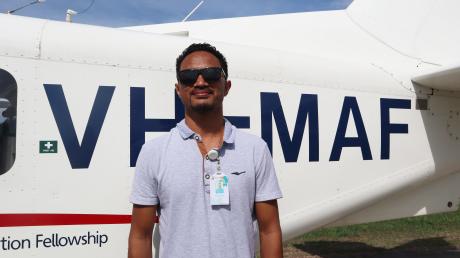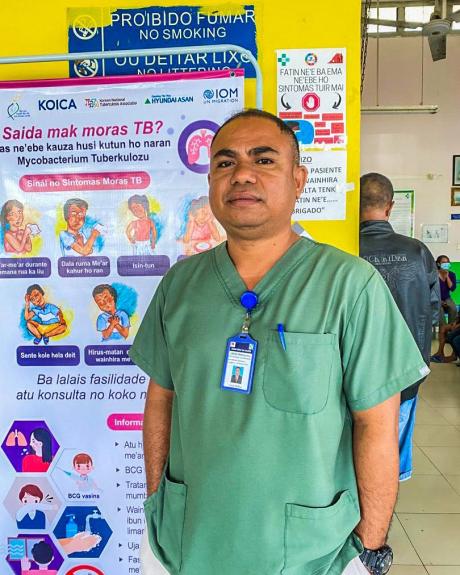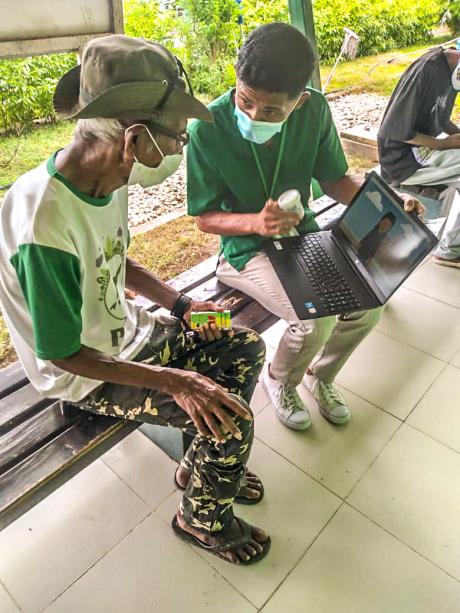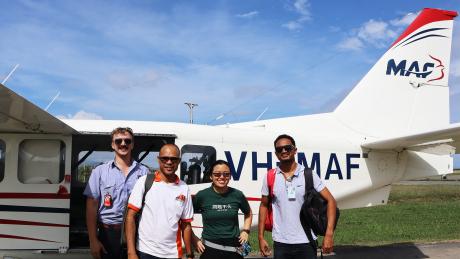
MAF’s fly-drive initiative enables Maluk Timor to reach isolated communities, in the northwestern part of Timor-Leste, in the battle against tuberculosis.
Improved treatment for tuberculosis patients is reaching isolated communities in Timor-Leste, as a programme to identify people with symptoms is rolled out.
Maluk Timor, a non-governmental organisation working in partnership with the Ministry of Health, flew with MAF from the capital Dili to Suai to provide triage training for local staff.
But it was the combination of a MAF flight and a local vehicle, as part of MAF’s new fly-drive initiative, that helped the organisation make the most of their visit to Suai.
Pascoal de Jesus, the Maluk Timor Deputy Programme Manager of Tuberculosis, explained that the fly-drive option allowed his team to get to work almost immediately.
“We are really pleased with the initiative of fly-drive by MAF because it really helps us a lot to connect with remote people in our site project,” said Mr de Jesus.
“When we arrived at the airport, we didn’t need to arrange transportation because MAF had helped us link up with local rental vehicles that would pick us up.
“The distance from Xanana Gusmão International Airport in Suai to hospital in Suai is 6.5km, and if we travel by foot, it could take one hour, but with a car, it only takes 13 minutes, which helps us save time.”
The MAF flight to Suai takes 35 minutes, enabling the Maluk Timor team to reach remote communities in Suai and save time on travel by road, which normally takes five to six hours and passes through hilly roads, sometimes in poor condition.
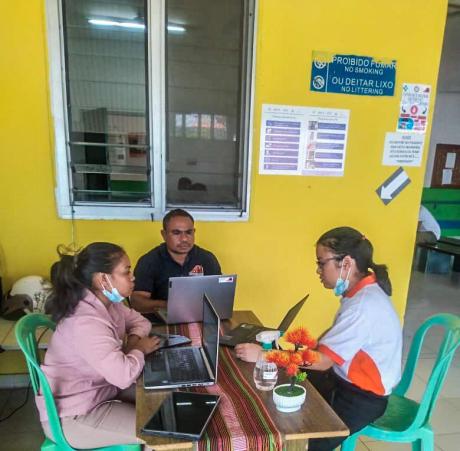
Mr de Jesus said their trip will help health workers to stop the spread of infection.
“Tuberculosis is a transferrable infectious disease that is commonly one of the highest issues in Timor-Leste, and we aim to help remote communities tackle this issue,” said Mr de Jesus.
“Maluk Timor has contributed to the tuberculosis programme by stepping closer to providing health treatment to communities in remote areas and identifying the number of patients with tuberculosis symptoms.”
Maria Aurelia Barreto de Jesus, a community member at Suai, explained the impact of Maluk Timor’s work.
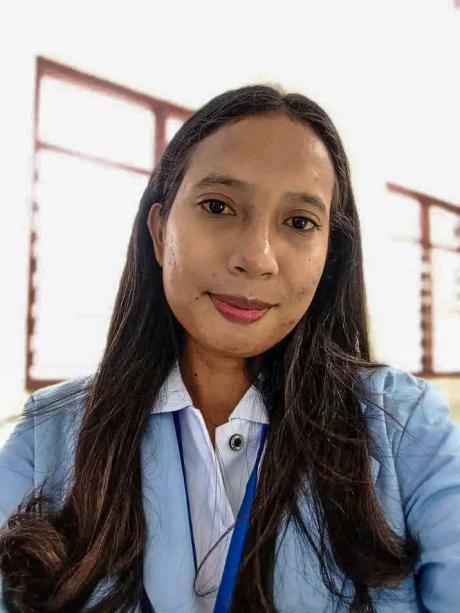
“The tuberculosis programme run by Maluk Timor is really helpful for us to increase community awareness,” said Ms de Jesus.
“They helped us identify the numerous people who have symptoms of this disease, provided immediate health treatment, and referred us to the clinic that does the specific treatment for tuberculosis.”
They helped us identify the numerous people who have symptoms of this disease...
Domingos Mesquita, a healthcare worker from Maluk Timor for the tuberculosis programme at Suai Referral Hospital, is working closely with the hospital.
“We work firmly with the healthcare professionals here at Suai Referral Hospital to detect people or hospital visitors with tuberculosis symptoms and ensure that this disease will not transfer to other people,” said Mr Mesquita.
“We are using screening tools to identify the symptoms, and if we find that people have tuberculosis symptoms, we will immediately split them and provide them with special health treatment.
“I witnessed the impact that we have. Before our programme was implemented, it was difficult to detect people with symptoms of tuberculosis, but after that, we helped the communities identify numerous people with this lung disease and provide them with special treatment and information to eradicate this disease.”
Nick Hitchins, MAF Timor-Leste Country Director, said fly-drive was designed to help organisations flying with MAF to easily reach their final destination, while also supporting local businesses.
“When I was talking to some of our NGO customers, they said one of the main reasons why they haven’t been using our shuttle services is because when they get to the district airfield, they have no local transport to travel from the airfield to the site of their project or the place where they need to go,” said Mr Hitchins.
“That’s why I came up with the idea of fly-drive, and I’m really grateful that through this idea we can also support local business owners who already have rental vehicle services.”
